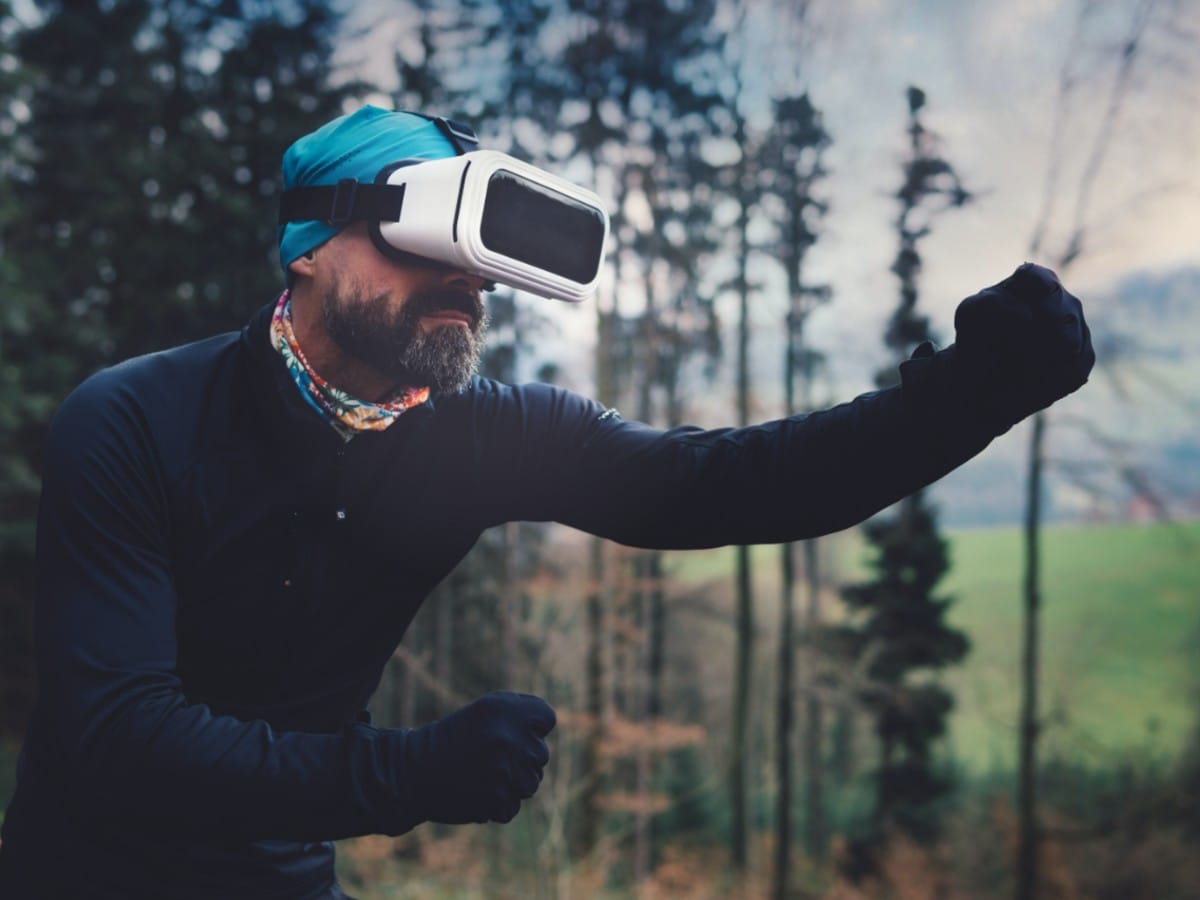
Source: © pexels.com
Stuck-at-home travelers turn to virtual trips during the summer months of the pandemic
- Tags:
- coronavirus / COVID-19 / Go To Travel / Virtual Reality / virtual travel / VR
Related Article
-

Japan Post to temporarily stop accepting international mail due to coronavirus
-

How Residents feel about Bernie Sanders, gay marriage, lockdown, and other hot issues
-

Enjoy the “Japan Cultural Expo” virtual platform from the comfort of your home
-

Mos Burger has opened a metaverse branch, “Mos Burger ON THE MOON”
-

#coronadivorce trends online as locked-down couples realize they don’t actually get along
-

Office employee makes Evangelion A.T. Field clear partition as coronavirus protection


The ongoing pandemic has changed the landscape in Japan. While certainly not alone, the country has seen a dramatic change in the industries that keep it afloat. Prior to the outbreak, for example, the tourism sector had been experiencing robust growth—foreign tourist expenditures had been on a six-year uptrend. However, as the reality of COVID-19 struck in March and April, tourism dropped by an astounding 99.9 percent.
Although government officials have hoped to spur domestic tourism, it seems consumers are content to stay home. Domestic rates also dropped during the lockdown as hotels and amusement parks closed. Although some have since reopened—although with restrictions—a government initiative to boost domestic travel has had little effect. Instead of getting out about, consumers are turning to digital alternatives as they attempt to experience a semblance of summer vacation.
Go To Travel
Japan’s GDP has taken a significant hit during the pandemic. Exports have plummeted and consumers’ purse strings have tightened. Government officials announced several plans, including beef tickets, in order to boost spending. As the summer season progresses, the most recent initiative, Go To Travel, aims at getting residents out of their home districts.
Essentially, the campaign offers subsidies of up to 20,000 JPY ($187) to cover up to half of a tourist's eligible travel expenses. Proposed by the Abe administration, many have considered the campaign controversial for increasing travel during the pandemic while excluding the Tokyo area.
Unfortunately, the campaign is facing tepid demand from consumers. Many fear the program will spread the coronavirus as the number of cases experiences a recent uptick in Japan. Furthermore, residents have expressed concerns over the lack of clarity over excluded activities. Consumers will have to bear the full cost of anything considered spendthrift.
Virtual Travel
Despite the botched rollout of the Go To Travel campaign, virtual travel providers are experiencing renewed interest.
In normal times, the Tango Kuro-Matsu train of the Kyoto Tango Railway is fully-booked. The scenic luxury train travels alongside several famous attractions and serves outstanding local cuisine and original sweets. However, reservations have plummeted throughout the pandemic.
To offset the falling demand, the Kyoto Tango Railway company has developed a "remote travel" product. The package includes a barazushi, a kind of sushi, meal delivered to their homes, and an opportunity to view sightseeing footage online.
First Airlines Co., on the other hand, takes the experience one step further. Offering VR flights to popular international destinations, the “travel service” provides a more immsersing travel experience.
Indeed, the "trip" replicates the minutiae of traveling. "Passengers" are boarded into the VR studio, where they go through the regular rigmarole. They are helped by plane staff and served drinks and cuisine representative of their “destination.” Customers are even subject to the typical flight safety instructions complete with oxygen mask demonstrations.
After "taking off," passengers view a virtual tour of their destinations via VR goggles. Certain packages also include the FA Lounge, where customers can chat online with locals and further experience their "destination's culture." Special items are on offer, and part of their purchase goes to supporting the airline industry, which has been hamstrung by the pandemic.
Online Tours
Other companies are looking to more straightforward video streaming tours as Zoom remains a dominant fixture of citizens’ online lives. Hankyu Travel International Co. is offering a tour of Chiba prefecture. With background images of various sightseeing spots, a tour guide offers a friendly explanation of each place's history and significance.
Air B&B entrepreneurs, on the other hand, are offering a makeshift "firework tours" available via Zoom. Their tour "begins" with guests meeting their host at Omagari station in Akita prefecture. The hosts then "guide" visitors down the local shopping arcade, stopping at a famous local fireworks store. The tour then provides a detailed explanation of making fireworks while providing a behind-the-scenes look at the local annual festival.